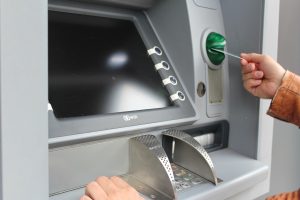What You Didn’t Know About Home Loans
If you’re in the market for a new house, learn all you can about home loans before going too far into the process.
Here are some things you may not know about home loans:
Rates fluctuate daily
If you’re looking for a new home, you may be checking mortgage rates as often as some people check their Twitter feeds, but rates fluctuate daily. Know that the rate you see today may be different than the one you actually get when you get approved for your loan.
The cheapest interest rate does not guarantee the cheapest loan
An adjustable-rate mortgages (ARM), which can be the loan boasting the lowest interest rate, may not have the lowest rate a few years down the line after it adjusts. Understanding the terms of when you are subject to an interest rate change and what the limitations to those changes is important.
A fixed-interest rate mortgage can ultimately cost you more
A fixed-rate mortgage can have a higher interest rate, however it would not be subject to a future change later in your term. If rates drop further throughout your loan’s term though, you won’t be able to take advantage of the new rates unless you refinance. In the event that you wished to refinance, you may be subject to another set of closing costs.
A lower credit score will cost the borrower
A high credit score can translate into tens of thousands of dollars in interest payments saved over the life of a home loan. A credit score difference of 100 points can increase a monthly mortgage payment by $150 or more.
The housing market impacts rates
Lenders need to turn a profit from their loans, which means the higher the volume of loans they process, the less they need to earn from each one to remain profitable. When the housing market is booming, and lenders are granting loans on a frequent basis, they will be more inclined to offer lower interest rates to borrowers.
You can have your mortgage payments automated
Missing a mortgage payment or paying it late can have serious consequences. Avoid that by signing up to have your monthly mortgage payments automatically deducted from your checking account.
If you apply for a home loan through Olean Area Federal Credit Union, and have a checking account with us, you can set up autopay for your monthly payment. Explore our mortgage loan options today!

















